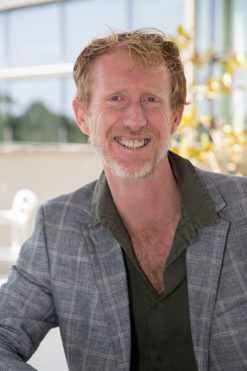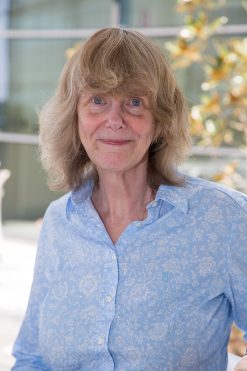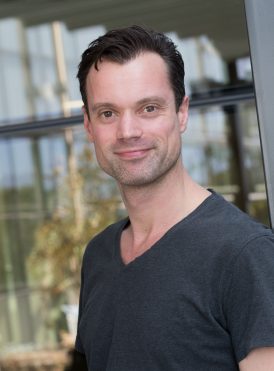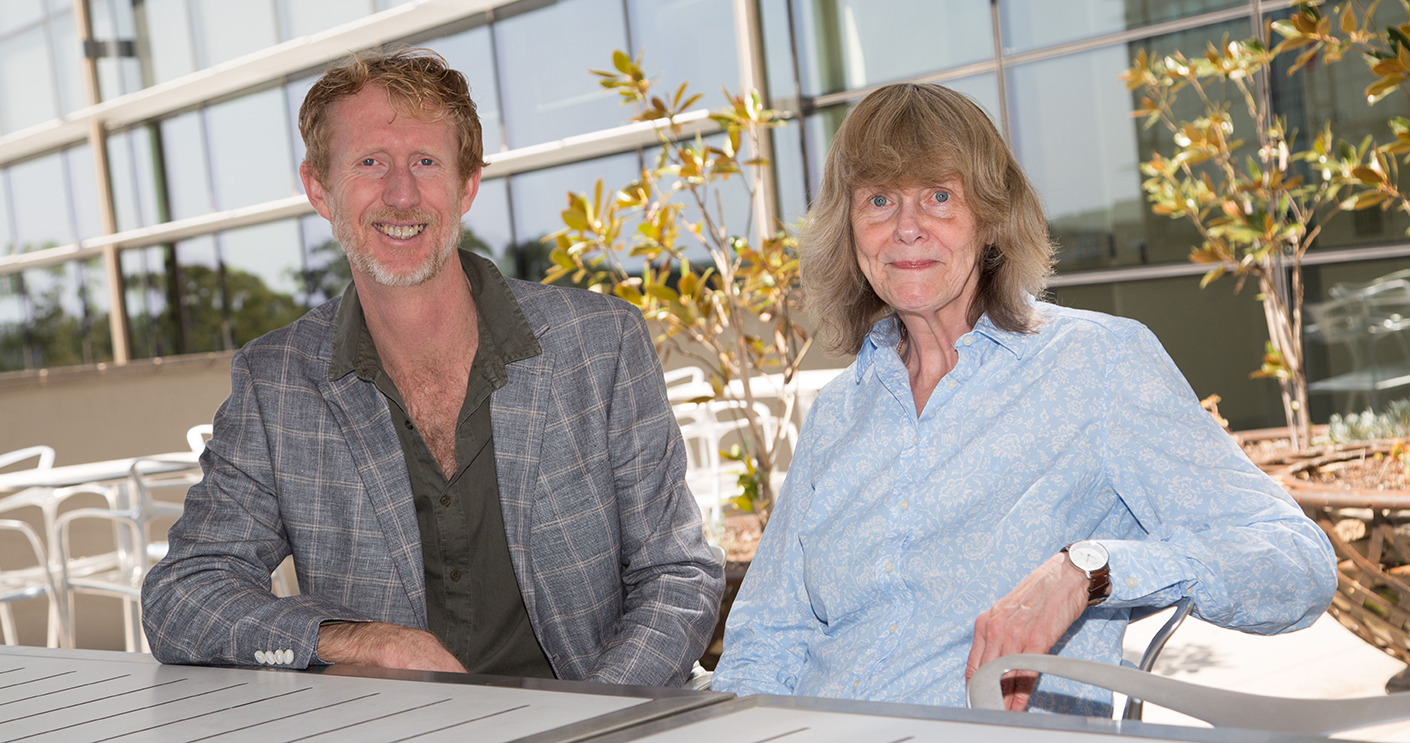With the Academic Staff Awards fast approaching, over the next few weeks, we will introduce you to a selection of finalists from each Faculty for both the Learning and Teaching and Research categories. These awards recognise the academic endeavours of our Macquarie community.
 Dr Matthew Bailey
Dr Matthew Bailey
Finalist: Citation for Outstanding Contribution to Student Learning
Matthew’s research interest lies in urban, business and retail history. He has published a number of articles and book chapters on retail and retail property history, has worked as a consumer research consultant in the retail property sector and is writing a monograph on the history of shopping centres in Australia.
Matthew’s passion for student learning involves developing innovative flipped classroom curricula for diverse student cohorts enrolled across multiple, integrated modes of delivery.
In 2014, the Department of Modern History identified a number of inefficiencies in the delivery of Open Universities Australia (OUA) units. Matthew’s proposed solution was to develop a unit designed from the ground up to run across all modes, with no modification required for OUA delivery and which, ultimately, could operate from a single iLearn site.
The development of MHIS205: Anzacs: Australians at War in 2014-15 fits within a broader context of transformation in Higher Education as institutions adapt to social and technological change – reflected in the shift towards flipped classrooms.
“Nomination for this award is a great honour,” he said.
“Teaching is at the heart of our social contribution as academics and recognition of the efforts invested in teaching is really gratifying.”
 Professor Kathryn Millard
Professor Kathryn Millard
Finalist: Excellence in Research: Five Future-Shaping Priorities
Kathryn is a filmmaker and essayist with a body of work that is internationally recognised and highly awarded. Psychology, mental health, popular fallacies and the afterlife of images are recurring themes in Kathryn’s body of work which spans award-winning feature dramas, documentaries and hybrids.
In the early 1960s psychologist Stanley Milgram, in seeking to understand the Holocaust, ran a series of controversial studies on obedience. If an authority orders painful shocks to be administered to another person — how do we respond? Do we do as we are told or not? The experiments raised a number of important questions about human nature, obedience and leadership.
Fifty years after Milgram’s original experiments, Kathryn, with a team of filmmakers and psychologists, re-staged Milgram’s experiments in Sydney, Australia, with actors, using her unique immersive realism technique. Shock Room combines dramatisations, animation, archival film and interviews with psychologists, providing new insights about how and why people refuse to inflict harm and the conclusions of the world’s most famous psychology experiment.
“I very much appreciate this research being acknowledged in this way,” she said.
“Shock Room demonstrates the value of screen production as a research method and provides further evidence that artistic innovation and research-based inquiry can go hand-in-hand.”
 Dr James Martin
Dr James Martin
Finalist: Early Career Researcher – HASS
James is a critical criminologist and emerging research leader in the field of cybercriminology. His research focuses on the newly-emerging crime of online illicit drug trading while areas of research focus include illicit drugs, organised crime, vigilantism and non-state governance, domestic and transnational policing and the global War on Drugs.
James’ doctoral research involved the ethnographic study of vigilante gangs operating in an informal settlement in Johannesburg. This research explored the nexus between organised crime and non-state governance, and provided unexpected conceptual grounding for my current research into ‘cryptomarkets’ – encrypted websites that facilitate a vast global trade in black market goods and services, particularly illicit drugs, with an estimated annual turnover in excess of 200 million USD.
In recent years, he has conducted innovative, ground-breaking research on the ‘dark net’ and has played a central role in identifying the unanticipated and counter-intuitive harm-reduction benefits associated with the growth of the online illicit drugs trade.
“It’s a huge honour to be nominated for the MQ Early Career Researcher of the Year Award,” he said.
“There’s still so much we don’t know about the dark net drugs trade, and it’s great to be recognised as having made a useful contribution to this dynamic and rapidly expanding area of research.”
Stay tuned next week to meet more of our amazing finalists!
Don’t forget to register for the awards ceremony to be held on Wednesday 1 November.


 Back to homepage
Back to homepage
Comments
We encourage active and constructive debate through our comments section, but please remain respectful. Your first and last name will be published alongside your comment.
Comments will not be pre-moderated but any comments deemed to be offensive, obscene, intimidating, discriminatory or defamatory will be removed and further action may be taken where such conduct breaches University policy or standards. Please keep in mind that This Week is a public site and comments should not contain information that is confidential or commercial in confidence.